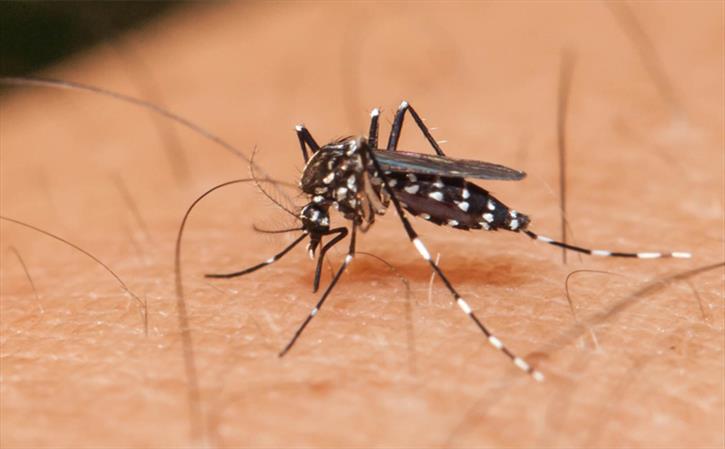|
|

|
|

| Article / Health / Epidemic - Pandemic | Post Comments |
Zika Fever - Viral epidemic from Aedes mosquito |
|
| By : Webindia123 Editor , , 7.6.2016 Mail Now | |
The Aedes Mosquito strikes again .. this time with the deadly Zika spreading doom to unborn babies. Zika fever has been in the news for quite sometime now but recently, its rapid spread and failure to find a cure/vaccine, has brought the virus into the limelight.. 
What is Zika Virus? Zika virus is a mosquito bourne virus, when bitten causes fever like symptoms in humans. The virus was first alienated in Uganda in 1947 in rhesus monkeys, and was named so after the Zika forests in Uganda. Later in 1952, Zika was identified in humans in Uganda and Tanzania. Subsequently the disease was reported in Africa, Americas (Brazil & Columbia), South East Asia and the Pacific islands. On February 1st 2016, WHO (World Health Organisation) declared Zika virus a Public Health Emergency of International Concern. Overall around 45 countries have reported the infection, and CDC (Centre for disease Control and Prevention) has issued warning for pregnant women in any trimester to consider postponing travel to those infected countries and territories. The Virus is likely to spread to new areas in the future. Transmission Infected Aedes mosquitoes, the same species which spreads dengue fever, chickungunya and yellow fever, primarily spreads Zika in humans. Aedes mosquitoes which breeds in clean water, usually bite during the day with peaks during early and late afternoon/evening hours. The virus can also spread through sexual contact with an infected person or through blood transfusions. A pregnant woman already infected with Zika virus can pass the virus to her fetus during the pregnancy or around the time of birth. Symptoms Symptoms are usually mild and lasts for two to seven days. At times, symptoms are so mild that zika infection can even go unnoticed. Fever, headache, rashes, redness of the eyes, muscle and joint pain are common symptoms. Loss of appetite, fatigue, pain in the back of eyes or vomiting can also ensue. Once infected, the virus remains in the blood for a few days to a week. Diagnosis Infection can be diagnosed through blood tests and testing other body fluids, such as urine, saliva or semen to check for Zika virus. If you have any of the symptoms or if you have traveled to an area where Zika infection is prevalent, please see a doctor and get checked. Complications Zika has been identified as causing microcephaly, a devastating condition where the growth of the head is stunted in babies born to Zika infected pregnant women. In Brazil, an alarming number of babies, over 1000's have been born with microcephaly caused by Zika. Though Microcephaly condition can occur due to many causes such as genetic disorders, certain infections and exposure to toxins during pregnancy, it has also been proved to occur due to Zika infection. In addition to Microcephaly, babies born with Zika infection have been detected with eye defects, hearing loss, and impaired growth. Treatment No vaccine yet has been found to prevent Zika. There are no medications either. Taking rest and over the counter medications such as paracetamol is the only way of treatment. Keeping yourself hydrated and drinking plenty of water also helps. Avoid aspirin and non-steroidal anti inflammatory drugs. Prevention Zika virus infection as well as diseases such as Dengue fever, Chickungunya can be contained by preventing mosquito breeding. Aedes mosquito breeds in clean water or artificial water-filled container habitats.
Latest news on Zika: |
|